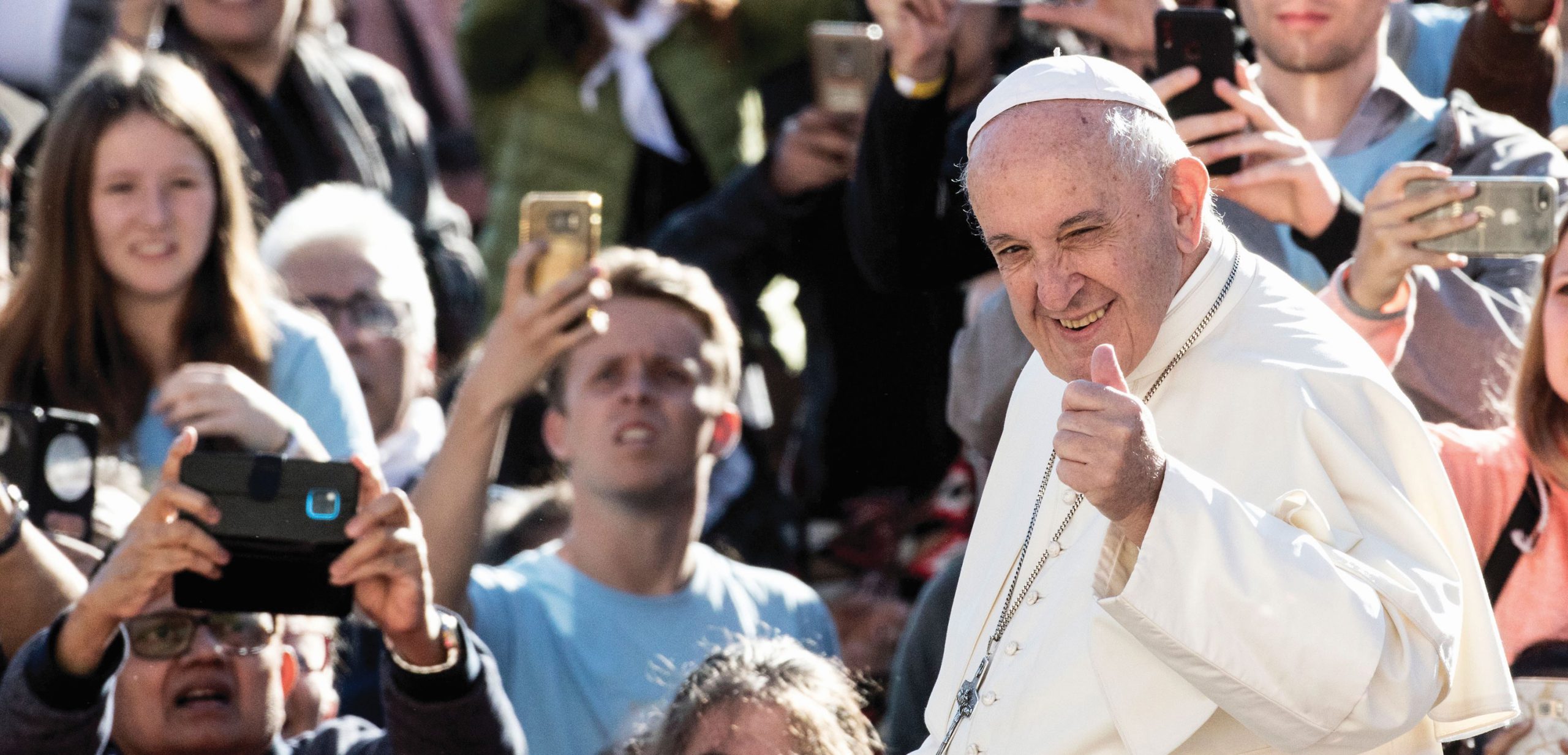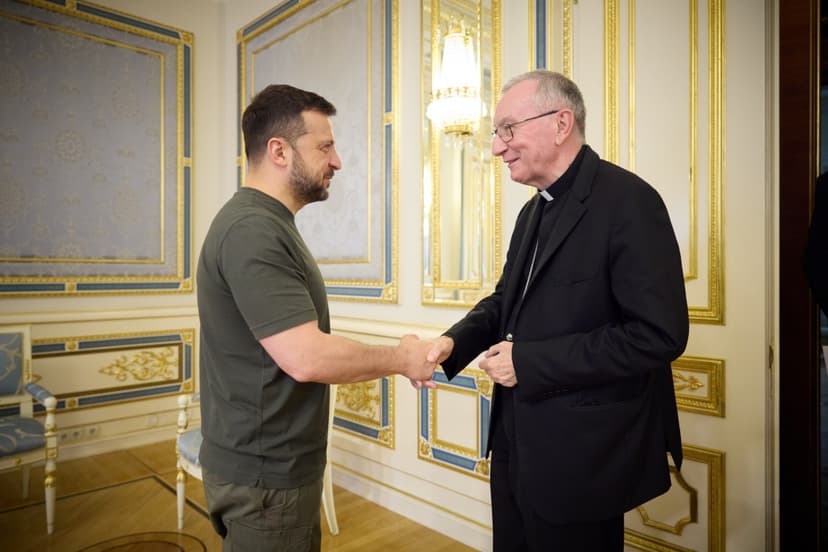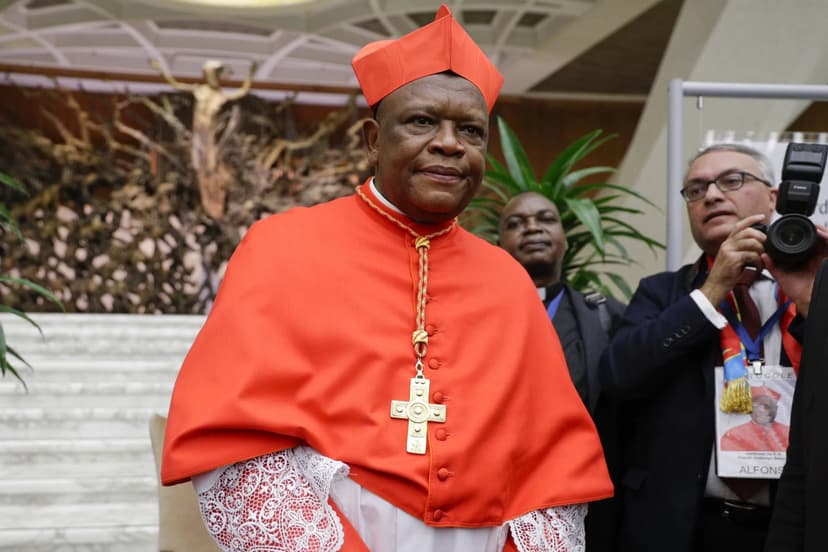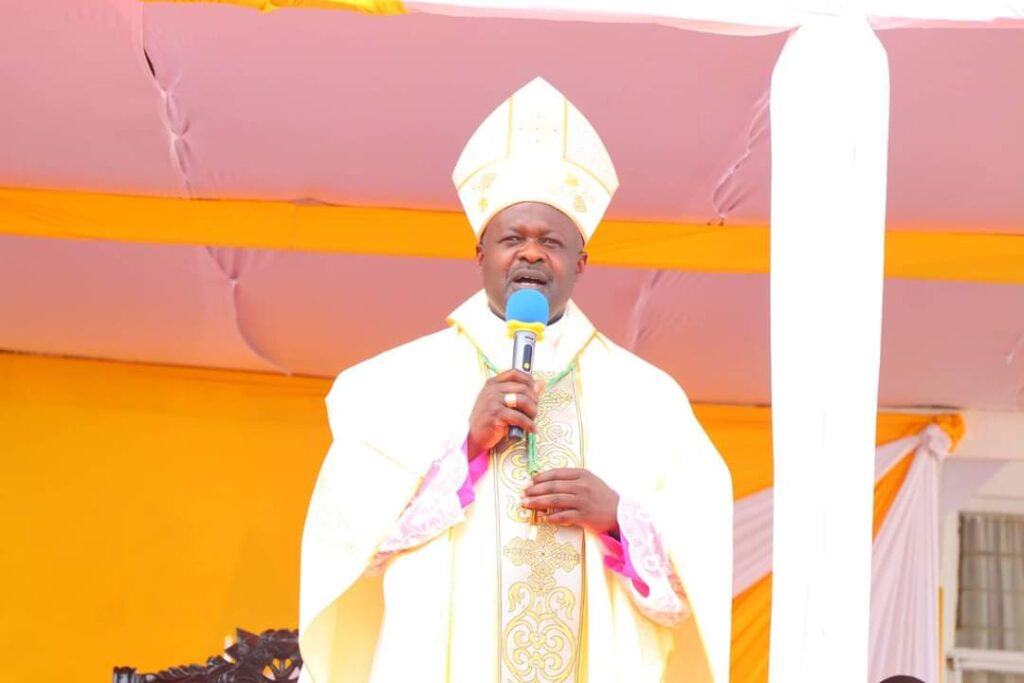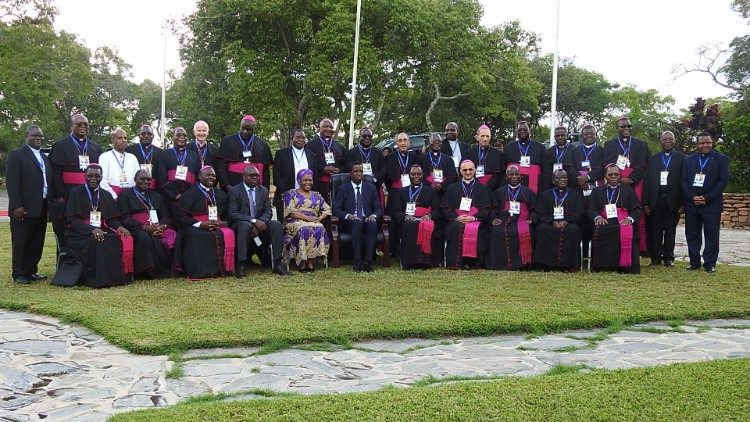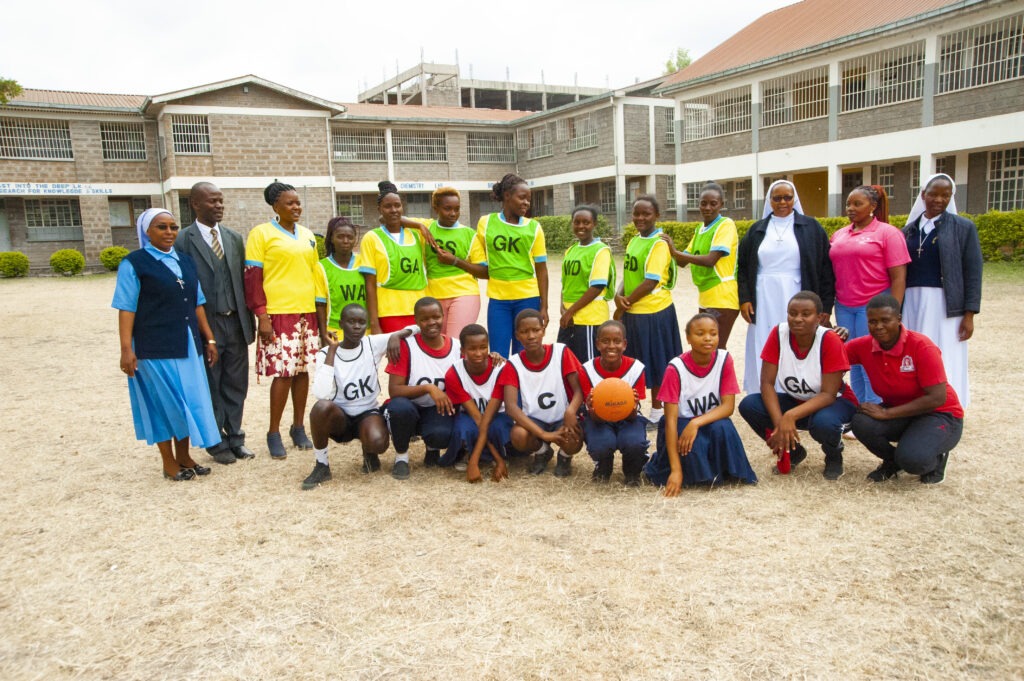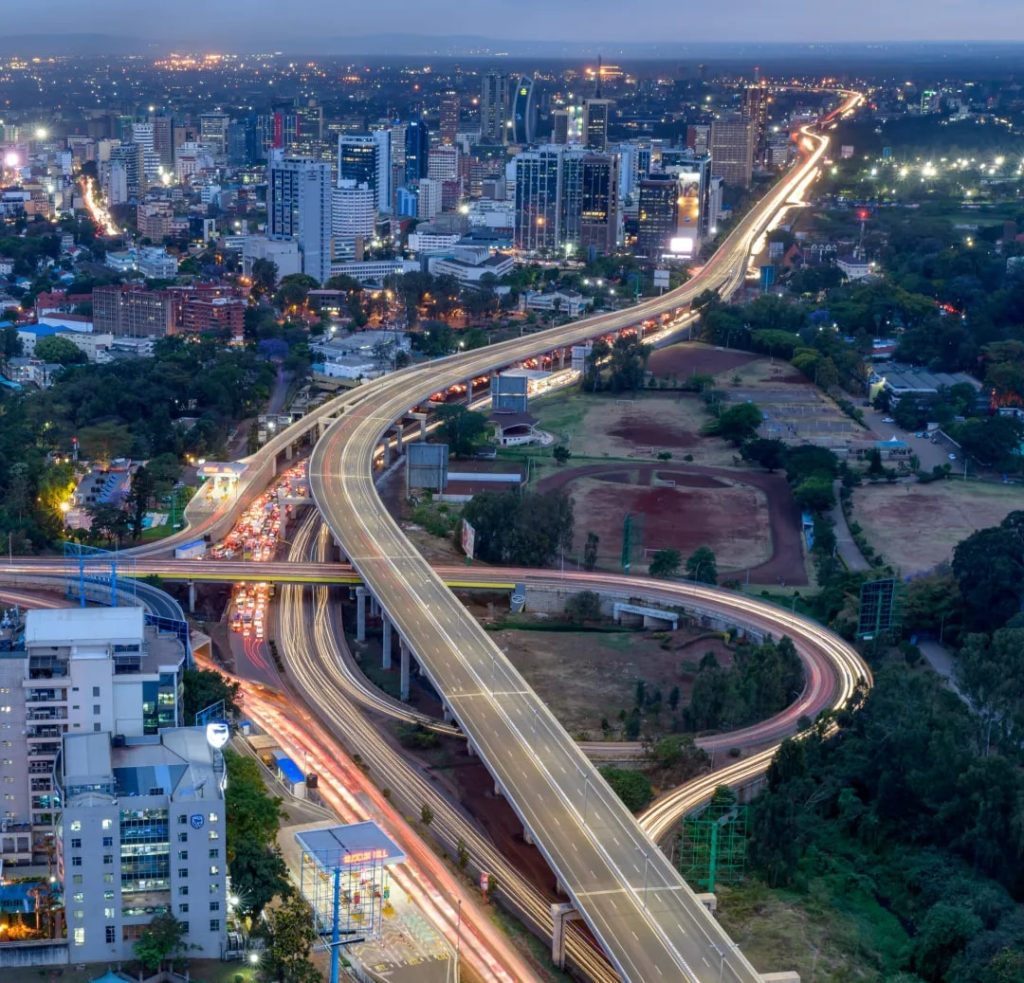The missionary, like Jesus, should learn how to be both global and local. A new term has been coined: ‘glocal’.
By Stefano Giudici, Mccj
Sometimes, life seems too difficult, demanding, and excessive. Especially if I want to contribute to change the world (!), to transform it into something beautiful, better than what I see today. I want to follow Jesus, but the words “Go to the whole world” might sound scary, at times. I might feel crushed, overwhelmed, and powerless.
I am sure I am not the only one to experience that. It is a common feeling of many missionary women and men, who move out of their comfort zones and decide to live ‘somewhere else’, at the borders, at the margins or peripheries – situations that have nothing of the brilliant clarity and security of the centre. What to do? Can I do something?
Then, I pray and reflect. Is it really so difficult? What if it were only a matter of changing eyes? Or modifying the lenses of my glasses? Or becoming aware of my point of view – that is, where I stand to look at others and the world? Yes, because where I stand determines what I see.
In my approach to this complex and complicated world, I often recognise two temptations: pessimism (‘everything is dark…’) or contempt (‘everyone is wrong…’). All too often and all too easily, I see the world as a place of perdition, inexorably sliding away from God’s law. Narrating about Africa, for example, I tend often to start from the dark side: all sort of problems and challenges affecting millions of people stuck in poverty.
Of course, my head is spinning, and I feel dizzy. How can I cope with millions of situations? How can I deal with such a complexity? Do you remember the Gospel? “How do we get enough resources to meet the needs of such a large crowd?” (cf Luke, 9 10-17).
Jesus was not the man of great crowds, although he had them always following him (“… and a large crowd followed him” is like a refrain in the Gospels). On the contrary, he saw the single person, the one in front or behind him, in real need and hope. He was able to spent time (to ‘waste’ time, I would say) with that single one, regardless of the others. Crowds and leaders were all pressing on him: “C’mon! Why do you waste time with one, when you can save many? In fact, you can save all!”
Detecting, perceiving, discerning the small, the single, the unique, is the way to gain a new perspective on the global. Noticing the individual to understand the crowd. Healing one to transform many. This was the strategy of Jesus. He lost sight neither of the single, nor of the crowd. He was glocal, simultaneously local and global, here and everywhere. For me and for all.
Surely, the outgoing, missionary Church can learn something from Jesus. I have forgotten – or, maybe, I have never learnt – how to keep together the needs and demands of the concrete person in front of me and the complex challenges of the global world. They are connected.
Only when we see them connected, we understand the real dimension of the problems. And only then, will we be able to intervene more effectively.

